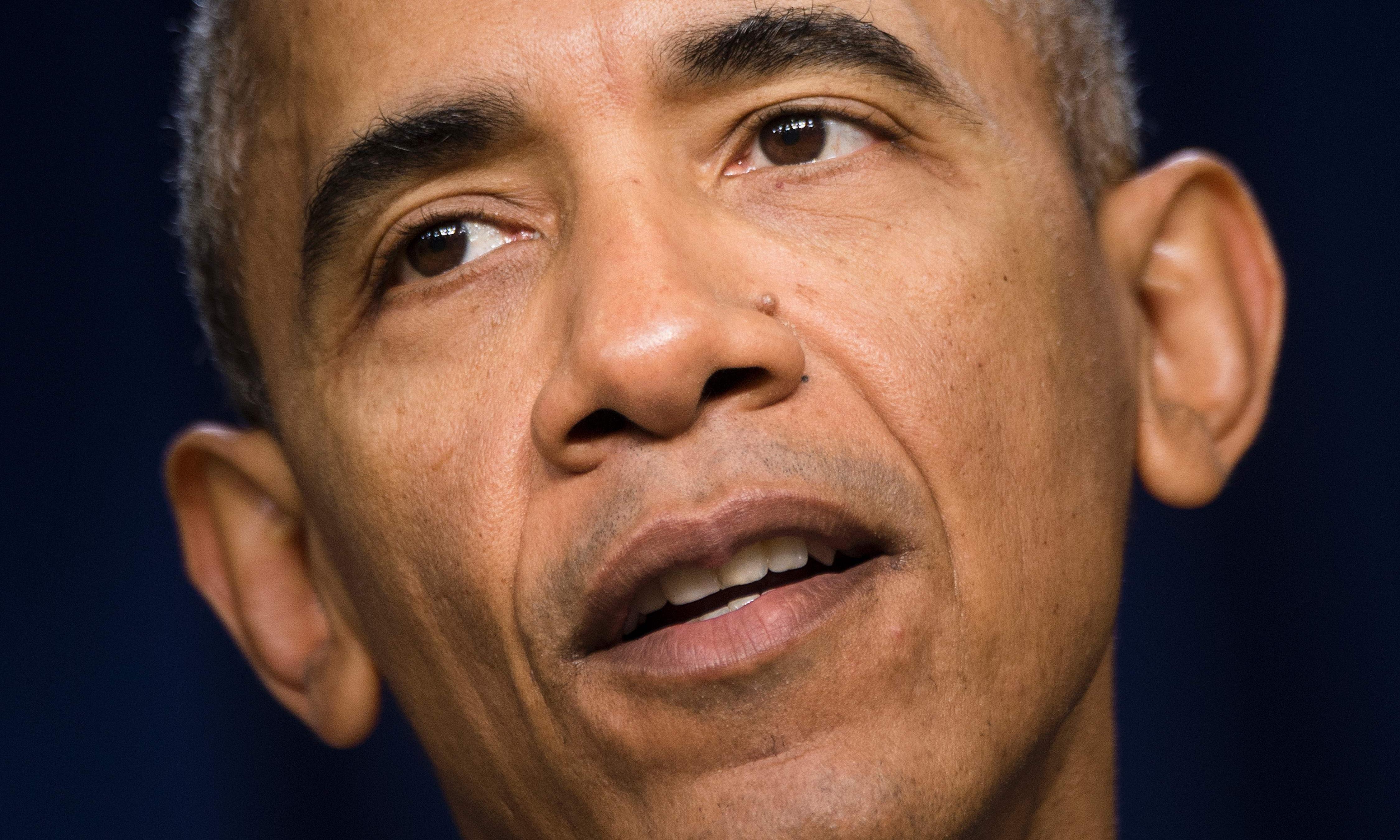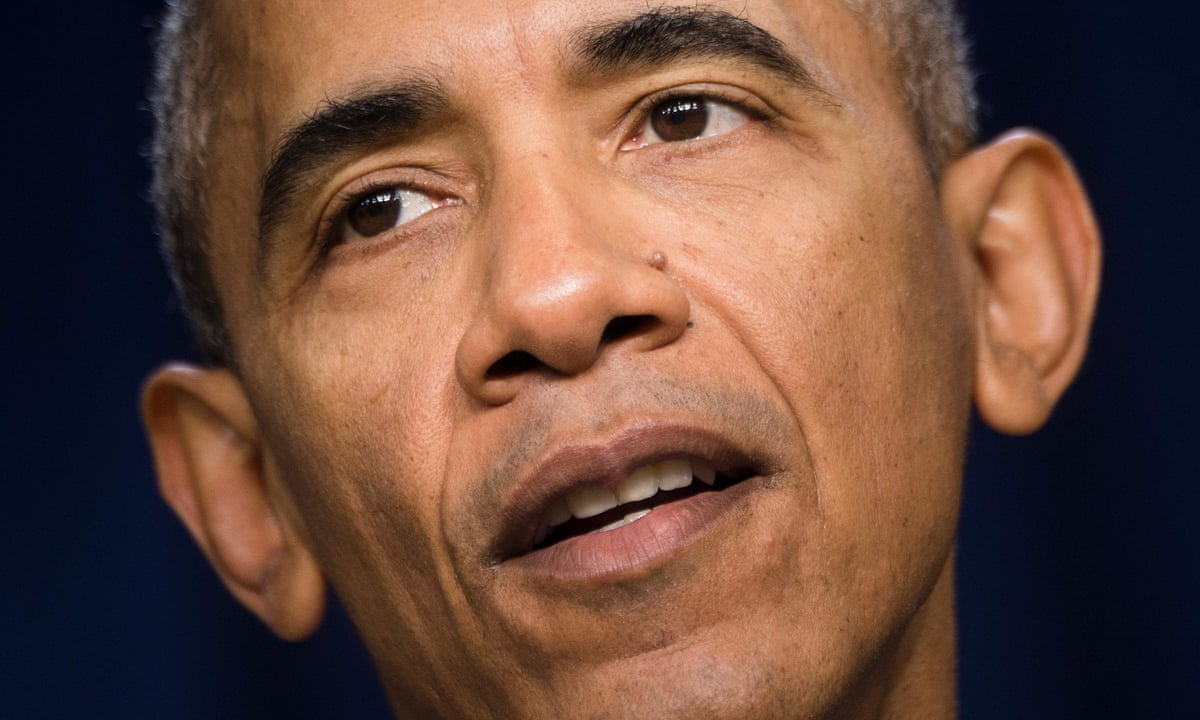Obama did avert financial catastrophe. But his economic legacy is mediocre | Michael Paarlberg

Telling us it could have been worse is not a very compelling legacy

Its hardly surprising for an outgoing president to be preoccupied with his legacy, or to gripe about low approval ratings. Its more surprising for a president to blame them on his lack of communication skills, especially when that president is Obama.
Obama has been on a legacy-building press tour lately, most recently talking up his economic record in an interview with the New York Times. His main regret, reminiscent of the classic job interview cop-out my biggest flaw is that Im just too hard of a worker! is that he failed to tell voters what a great job he did in managing the recovery: If we had been able to more effectively communicate all the steps we had taken to the swing voter, then we might have maintained a majority in the House or the Senate.
Obama has been called a lot of things aloof, imperious, over-intellectual, secret Muslim but poor communicator is not one of them. No president has been a better orator, or more media-savvy, since the Great Communicator himself. Obama and Reagan, in fact, share a politically remarkable but economically dubious accomplishment, winning reelection with unemployment over 7%, a feat otherwise unmatched since FDR. Both presidents understood that economic voting is more a matter of how you feel than how youre doing, and even voters who are out of work can rally to your side if theyre convinced things are getting better, that despite everything, its Morning in America.
But the opposite is true as well. Voters who are better off in absolute terms can turn on you if they feel worse off relative to others, or to where they feel they should be at this point, now 8 years past the financial collapse. Sociologists talk about the J-curve; political scientists talk about revolutions of rising expectations. The lesson is that people who do better tend to demand more, and punish politicians who fail to deliver. Obama may feel its unfair, but its a healthy thing for democracies not to settle.
And when you think in relative rather than absolute terms, theres a lot of legitimacy to that discontent, more than Obama is willing to admit. The chief accomplishment Obama has been touting is job growth: somewhere between 9.3 and 13.6m new jobs over two terms, depending how you measure it, with unemployment falling from 10% at the height of the recession to 5% today.
Donald Trump has disputed these numbers, saying he heard real unemployment to be as high as 42%. But even the Labor Departments broadest unemployment measures, the U-5 and U-6 rates taking into account discouraged workers, those who have given up looking for work are around 6 and 10%, respectively, and have been declining as well.
But job growth isnt everything. Job quality matters a lot, and wage figures paint a less rosy picture. Real median hourly wages have risen as well, but barely: just 7% over the past 7 years. One can see this in where job growth is happening. Those jobs projected by the Labor Department to grow the most over the next decade are concentrated in low wage service industries: personal care aides (median income, $20,980), fast food workers ($18,910), retail salespeople ($21,780), customer service reps ($31,720). A greater share of jobs today are part-time than before the recession.
Then theres the question of how well those gains have been distributed. Over half of all income growth between 2009 and 2014 went to the top 1% of all income earners, who saw their incomes rise 27%, while the bottom 99% got a raise of 4%, according to Berkeley economist Emmanuel Saez. Median household incomes have only recovered to what they were in 1996, meaning for the vast majority of Americans, the recovery has been one in name only.
As a president who arrived at the White House in the midst of the worst economic crisis in generations, Obama deserves credit for staving off catastrophe. As one who leaves seeking a legacy, he might look for a more compelling one than it could have been worse.
Theres good reason for presidents not to pin their legacies on jobs: Obamas average job growth rate of 1.1% may not match that of Clinton (2.5%) or Reagan (2.1%), but all three pale in comparison to Jimmy Carter (3.1%) and Lyndon Johnson (3.9%): both enormously successful job creators, and both one-term presidents.
Read more: http://www.theguardian.com/commentisfree/2016/apr/28/barack-obama-presidential-legacy-economy